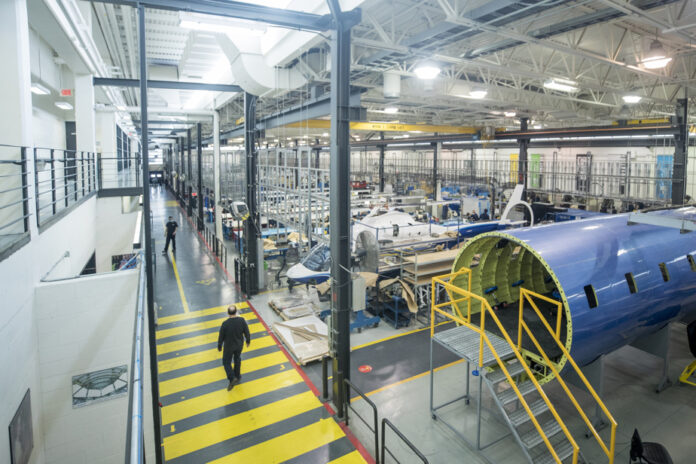Engineers, regardless of their degree, rarely have difficulty finding work. Academic institutions even talk about 100% job placement rates in almost all of their programs. But the fact remains that some programs have exceptional employment prospects. Here are four.
For decades, even before the labor shortage that we were talking about before the pandemic, Quebec has lacked computer and software engineers. Of course, nothing is improving at the moment, with the added challenges of cybersecurity and the development of artificial intelligence. In all the universities contacted, we were told that these engineers were particularly in demand on the job market. These baccalaureates are also offered in the four corners of the province, and in all the regions for which the Quebec government publishes statistics on this subject, the employment prospects are excellent.
Electrical engineering programs are virtually on par with computer and software engineering programs in terms of job market appetite for these graduates. The placement rate is practically 100%. These engineers are often found in the same fields, such as electronics and telecommunications. They also have many challenges to overcome to achieve energy transition objectives, particularly in the electrification of transport. The bachelor’s degree in electrical engineering is offered throughout the province, and everywhere, the Quebec government indicates that the employment prospects for this type of engineering are excellent.
The aerospace industry has seen an upsurge in its global activities since the end of the pandemic and there is a shortage of engineering graduates in the field in Montreal. The aeronautics sector also has many challenges to overcome, particularly on the environmental level. While Polytechnique Montréal and Concordia University offer a bachelor’s degree in aerospace engineering, others, such as the Université de Sherbrooke and Université Laval, offer a master’s degree in the field. But a mechanical engineering program, offered at a greater number of universities, can also very well lead to work in the aerospace industry. This is also the case for programs in electrical, computer and software engineering.
If there is a particularly cyclical field in engineering, it is that of civil and construction, greatly influenced by public investments in infrastructure. After experiencing great growth and then a slowdown about 10 years ago, here it is getting back on track. Many projects are in preparation in the field of infrastructure and construction companies as well as public administration are hiring many graduates at the moment. The employment prospects assessed by the Quebec government are also excellent for these engineers in all regions of Quebec.















